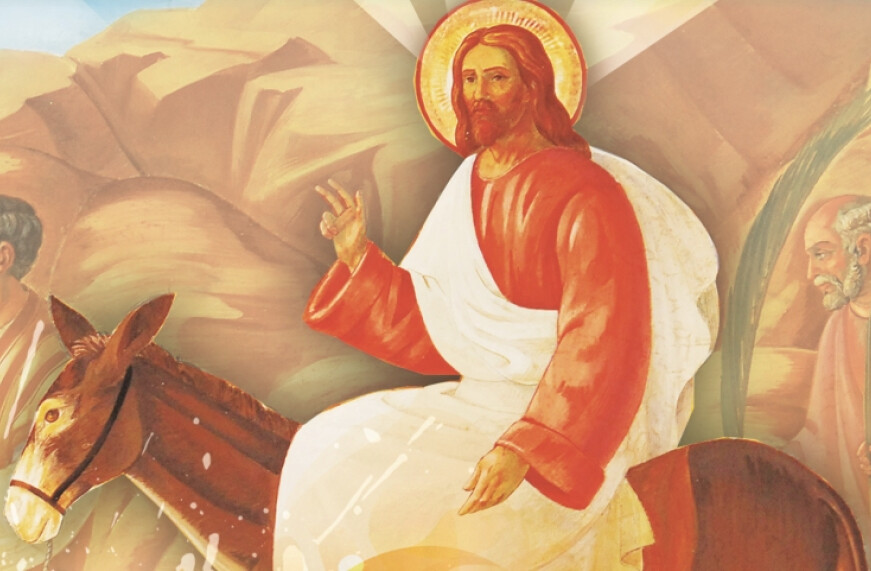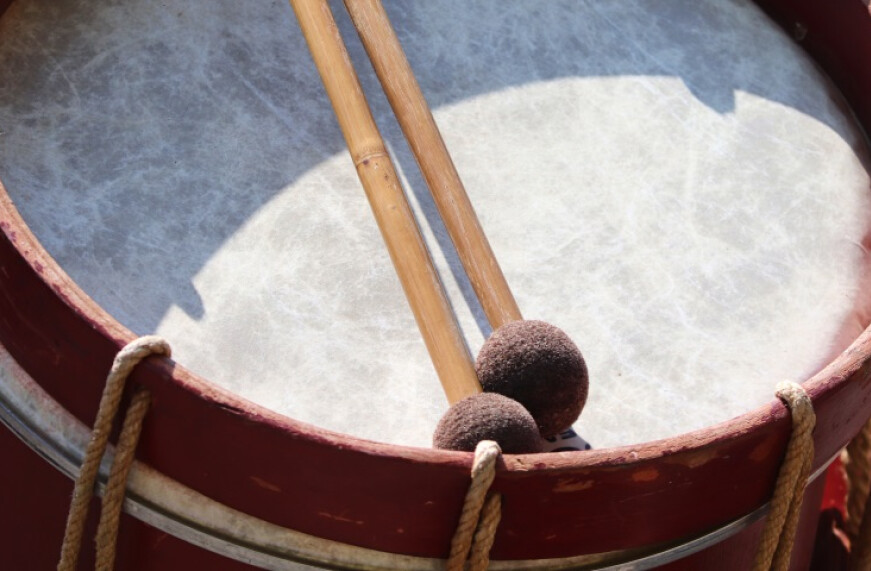The Ten Commandments are the laws handed down to Moses some 3500+ years ago. There are some differences in wording and substance between what the First Commandment is for the Jewish people and some Protestants and what we have been taught as Catholics. The Catechism of the Catholic Church has a very good table comparing the wording of the laws as received in Exodus, and given in Deuteronomy compared to our tradition. The Catechism also contains an extended commentary on the Ten Commandments starting with CCC# 2052.
The immediate question is, what is the role of the Old Testament commandments for our faith today? To help answer this, the CCC makes reference to the story of the rich man, one we just recently heard in our Sunday scripture. In this story the rich man asks what he must do to have eternal life. Jesus’ first answer is, following the commandments. This gets supplemented by the rich man to “go, sell what you possess and give to the poor, and then come follow me.” In this exchange, Jesus does not abolish the importance of the Law but rather adds the importance of imitating Christ as a means of salvation. The Ten Commandments, these “ten words” frame the terms of the covenant with our God. The CCC speaks of the Ten Commandments as showing us what is required in loving God and our neighbor; what Jesus called the two greatest commandments (CCC#2067). The First Commandment has a variety of forms, all of which capture these love commands, “I am the Lord your God, who brought you out of bondage. You shall have no other gods before me…It is written: ‘You shall worship the Lord your God and him only shall you serve.’” In God’s first “words,” he is making himself known as the God who has now taken action in our world. Secondly, God demands a giving up of all other idol worship, a call for fidelity to Him alone. Finally, comes a statement of responsibility for us, as God is loyal to his people, we should by this covenant, be loyal to Him. What is unspoken, is that this relationship, this covenant, is to be the most important “law” in your life. This First Commandment, gives us our vocation…to love and serve God. This First Commandment initiates our relationship with God.
Within this commandment is held the three theological virtues: faith, hope, and charity (love). We are offered the gift of faith, by God revealing his identity. We are given the gift of hope by His fidelity to us. We experience God’s charity in his first coming to us, and in response, calls us to love Him and all of his creation. Our entire faith is a response to this First Commandment. Our task is to use these virtues in establishing, and enhancing our relationship with God. The trials in life, are meant to be endured in God’s honor. The promises we make or are made for us in our sacraments, hinge on this relationship with God. The commandment also serves as the precepts of love we achieve with each other in a holy life.
What is the difficulty with hearing, understanding, and accepting this first, this greatest commandment? We don’t see God, and more importantly, we do not feel God in our lives. It is one thing to believe the “historical” God who helped the Israelites and even to believe in Jesus, who 200 years ago walked this earth. But God, what have you done for me lately? Some characteristics of God may help. God is active but he is not imposing. Out of pure love he offers. We can refuse. It is not God who fails to speak, but we, who in our busy-ness, fail to listen. God can be seen in everything and in every moment, we can choose to see him or not. God doesn’t save us from suffering, for reasons we will never fully know, but by allowing his Son to suffer, God guarantees us that he is present and it will eventually be alright.
This First Commandment also centers us in a moral framework of objective truth. If we listen to God, then we must obey him. If we choose not to listen to him, then we decide what is right and wrong, depending on our mood, our energy, and our needs. Yet, if we search our hearts, the decision of what is right and wrong has to come from somewhere, and it is not us. Any other source beside God will lead to survival of the strongest and is the source of disobedience to our First Commandment…when we make ourselves a deity. If we decide to listen to God, we have the benefit of accepting a voice beyond us that reminds us that there can be no compromising on the most important values of life. The First Commandment tells us that God cares about us AND how we act. Steady observance of this First Commandment brings us closer to God. When we lose God as the primary source of our life, when we substitute “idols” of money, fame, power, or if we even stop listening for God’s voice because we distract ourselves with work, leisure, or pursuing our own desires, we have disrupted the very first understanding of what our life means…"You shall love the Lord your God with all your heart, and with all your soul, and with all your strength, and with all your mind (Luke 10:27).”



